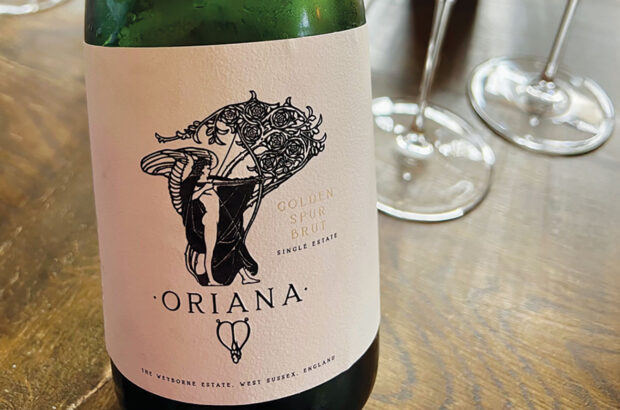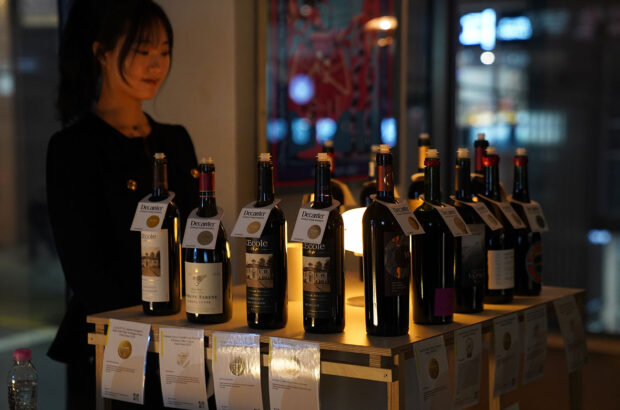The Los Angeles-based company’s stated goal was to ‘make exploring wines fun and easy’ by providing millennials with algorithmic recommendations.
It generated $72.1 million in revenue last year, but Winc has never turned a profit, and it has now filed for relief under Chapter 11 of the United States Bankruptcy Code.
Unsecured creditors include Facebook and Instagram owner Meta and artificial intelligence firm Impact Tech.
The filing states that Winc has ‘entered into a confidential, non-binding agreement with a potential stalking horse bidder for substantially all of the company’s assets’.
A stalking horse bid targets distressed companies and seeks to purchase their assets during bankruptcy proceedings.
Brian Smith, Geoff McFarlane, Mark Thomas Lynn and Xander Oxman established Winc in 2011, when it was known as Club W.
It rebranded as Winc in 2016, targeting young adults with monthly deliveries based on their personal tastes, as calculated by an algorithm.
Customers would begin the process by completing a questionnaire about their taste preferences when selecting fruits, spices and so on.
The company would use those findings to create a taste profile for each customer and then put together a tailored box of wines for them on a monthly basis.
Winc raised $54.2 million from private equity investors such as Bessemer Venture Partners, Crosscut Ventures and Shining Capital while building up its customer base. It was given a private valuation of $112.3 million in late 2019.
Online direct-to-consumer retailers flourished during the pandemic lockdowns, and Winc seized upon the momentum with an IPO in November 2021.
That raised a further $22 million, and it gave Winc a market valuation of around $200 million.
However, the tide quickly turned for unprofitable tech businesses when the Federal Reserve began tightening monetary conditions in a bid to rein in rampant inflation.
Online retailers were hit particularly hard as lockdowns ended, and fellow direct-to-consumer retailer Naked Wines saw its share price plummet.
Last month, Winc provided its Q3 financial results, revealing that net revenues had declined 14.6% year-on-year to $15.8 million, while adjusted EBITDA loss also increased from $1.4 million to $3 million.
In a statement, Winc said it was ‘prioritising cost control and cash flow management as we take steps to improve profitability while focusing on our core business’.
The company now has a market cap of just $4.7 million, and its share price has fallen by 94% year to date.
Winc has hired Canaccord Genuity Group Inc. as its investment banker as it seeks to sell off assets, according to its SEC filing.






